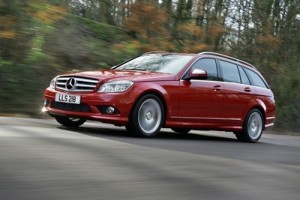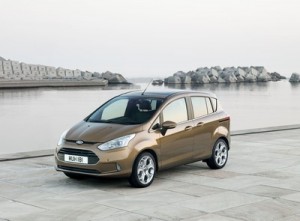
Author: John Lewis, chief executive, BVRLA.
HERE at the British Vehicle Rental and Leasing Association (BVRLA), we are urging the government to apply its ‘fair and simple’ approach to motoring taxation.
The current environmental-based regime for vehicle excise duty, company car benefit-in-kind tax and capital allowances has been a major success, driving down the CO2 emissions of fleet and business cars to such an extent that the average new company car is significantly cleaner than its privately owned equivalent.
Nevertheless, in our submission to Chancellor George Osborne, ahead of his Budget on 21st March, the BVRLA is asking the government to eliminate some lingering inequalities, while resisting the temptation to increase the overall tax burden born by the fleet industry.
We recognise that the Coalition is working to cut red tape and bureaucracy, but setting the right motoring taxes will play an even greater role in creating a growth environment for UK businesses.
So if the government can deliver a proportionate and well-signposted tax regime, we as representatives of the fleet industry will fulfil our side of the bargain. It will provide a healthy market for vehicle manufacturers and safe, fuel-efficient road transport for companies up and down the nation.
Fuel Duty
The BVRLA is hopeful that the government will at least abandon the planned 3p rise in fuel duty due in August.
Record fuel prices are threatening every aspect of life in the UK, putting pressure on shop prices, business profits and the ability of working people to get to work.
If the Chancellor is looking for a simple measure that will help distract voters from the gloom of yet another austerity Budget, holding or cutting fuel duty is it.

Diesel Company Car Tax Supplement
The 3% diesel tax supplement on benefit-in-kind tax for company cars and fuel is both unjustified and disproportionate to many low CO2 emission cars. It was introduced over 10 years ago to penalise the use of Euro 3 diesel cars because they were much more polluting than their petrol-powered equivalents.
Since 2009 the introduction of mandatory Euro 5 standards has brought diesel cars much closer in line with petrol cars in terms of pollutants emitted. For this reason, the road tax differential between petrol and diesel cars was abolished in 2009. The abolition of the benefit in kind tax supplement is long overdue.
Company Car Tax Bandings
With modern cars being increasingly durable and reliable, there has been a move towards longer operating cycles, with the result that many company vehicles are now used for four or even five years. To help offer greater tax certainty when selecting fleet cars, we want the government to provide a five-year rolling cycle of future company car tax bandings.

This measure would be particularly valuable for early adopters of electric vehicles, who, for economic reasons, are more likely to operate them for longer periods.
Ultra-Low Emission Cars
The uptake of ultra-low CO2 emission cars, particularly electric vehicles, has been slower than expected. The government should provide a longer-term stimulus by extending the 0% and 5% CO2 tax bands by a further two years to 2017.
Enhanced Capital Allowances
Enhanced Capital Allowances (ECAs) enable businesses to claim 100% first-year capital allowances on their spending on business cars and business vans that meet certain low-emission thresholds. The government should remove the current restriction on leasing firms being able to use these so that the industry can pass on the cost benefits to its growing number of customers.
Budget 2011 is on 21st March.







